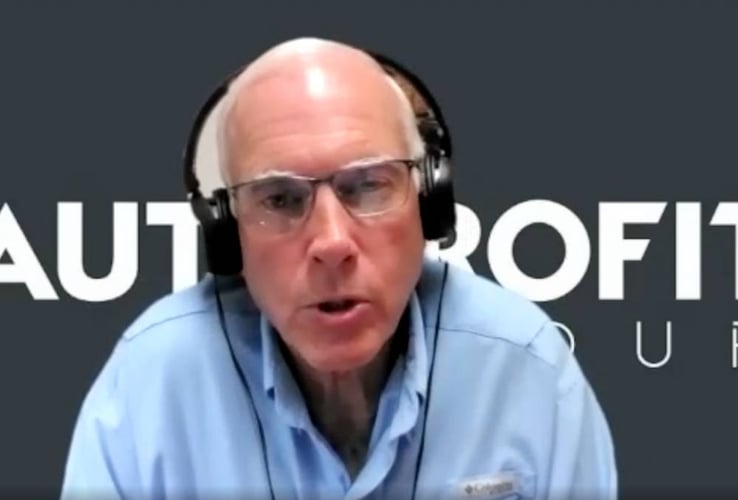

A recent article from Automotive News, "Used-car market in a 'weird' spot," piqued our interest over here at Vehicle Acquisition Network. We sought out VAN's CEO, Tom Gregg, a veteran in the automotive industry, to share his perspective and how it might impact the future of dealers in the industry.
Tom, the used car market has shifted in the last 12 months. The article suggests that car dealers will no longer experience ease and vigour as the demand for used cars is likely to decline coming months. What can dealers do with this information to ensure they thrive during this season of change within the industry?
The first thing you do is to go back to the basics and analyze the customer experience. And think about it from the customer's point of view. It's very clear that the dealer's sales habits have eroded, and most salespeople have relied on the primary functionality of availability. Therefore, if your selling proposition is available, you don't often have to exercise the sales skills that once probably got you to the point you're at. It's apparent that dealers and salespeople will have to go back to selling and focus on providing a fantastic selling experience for the consumer. That would consist of going back to square one and focusing on the steps to selling.
What's your take on Carvana's CEO Ernie Garcia's idea that as things may get difficult in the next 12-18, dealers should batten down the hatches and focus on building for the long term?
I believe it's longer than 12 to 18 months. The following 12 to 18 months' focus will likely be on a very tough financial position in the economy where interest rates are high, which means the consumers coming in to buy cars are likely buying out of need. This is where dealers must focus on the experience and getting really good at selling again. After that period, we're likely to see the availability of new cars.
It's been discussed that in Q3, potentially Q4 of 2023, new vehicle manufacturers will have the availability to be able to produce more cars to meet the demand. In the past, when I worked at Toyota dealerships, our Camry's were down $800 or $1,000 below invoice. After all, we had a surplus of the product because we didn't have enough demand to meet the number of products we had to sell in a competitive market like Chicago. We were trying to beat out the next dealer because the debate wasn't about "oh, I have the car, and he or she does not" that wasn't the issue. We had to sell, and selling a commodity often goes down to the price. I see it shifting where manufacturers have said they won't return to pre-pandemic production levels. I have a hard time believing it because when it comes to OEMs competing for ranking, GM wants to compete with Ford, and Ford wants to maintain the number one spot, and they will likely produce the number of cars they need and push them to the dealers to win those ranking spots. It only takes one within a segment to push the other, and it'll likely push the rest when one pushes the other. So at some point, we will correct the current situation with the microchips and other parts shortage, and when that occurs, I have a hard time imagining OEMs that can produce more than they actually are.
If the next 12 to 18 months are challenging in the industry because of the tough financial-economic situation in the economy, I believe that after that, dealers will have to get very creative on how to sell a surplus of products as we used to pre-2020.
What is your advice for dealers overcoming objections from buyers who believe the prices of the vehicles are too high?
Here at VAN, some dealers take pride in sharing the delta between what the car was advertised for and what they purchased. Like they'll come to us and say my average is $8,000. These consumers asked for 20k; I bought it for 12k. They asked for 25k, I bought it for 19k; and they will share the results of these big gaps, and the bigger the gap, the more pride they feel from that experience. When asked what they're doing to achieve this, they express they don't let the asking price get in their mind at all. It's similar to if a dealer went to the auction and prioritized their interest; they ranked their interest based on the starting bid. It's the same backwards logic that if a dealer said, "I'm not going to bid on that car because of that price," they don't do that they just go, find the cars and place their bids. They don't even look at the asking price. The starting bid of an auction is completely as irrelevant as a seller's asking price of a car. It doesn't matter. A dealer overcomes objections by having an excellent customer experience. They add value to the process, and they follow up. They stay with that consumer. If you provide an excellent customer experience and follow up with that consumer, you will win a lot more than you lose.
Inflation has dealers looking to cut costs when acquiring vehicles. What advice do you have for dealers in this predicament?
Cutting costs is an inevitable process for businesses at this time. I'd be cautious to cut costs based on direct association with sales. In other words, if a dealer cuts a cost that indirectly impacts their bottom line, they should be cautious to do that.
Tom Gregg is the Founder and CEO of Vehicle Acquisition Network. With over 25 years in the automotive industry, Tom is a subject matter expert in the acquisition space for acquiring used cars from the street.





